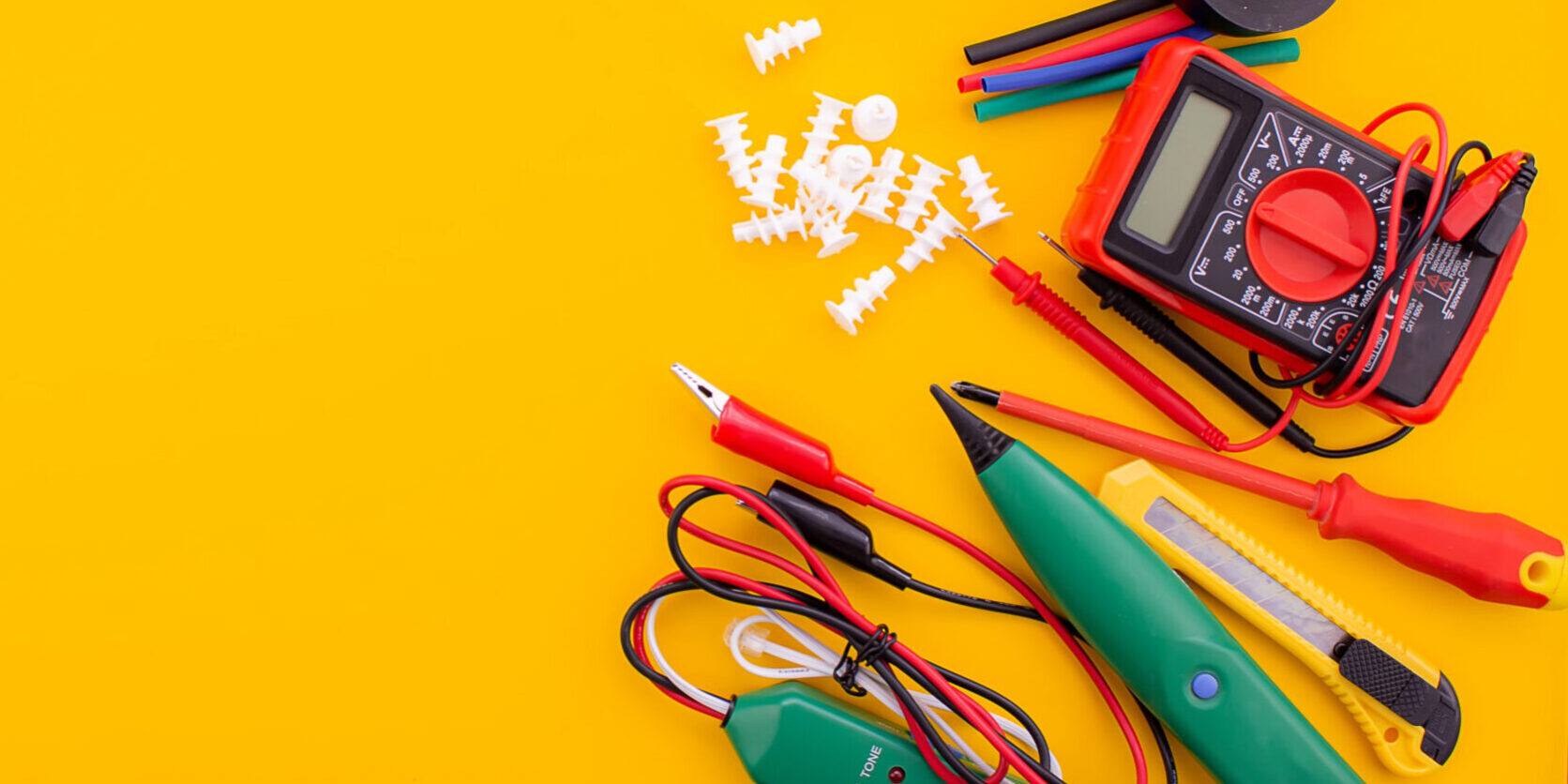If you are a handy homeowner, it is natural to ask what you can safely and legally do yourself. Electrical work is different from paint or trim because it affects fire and shock safety, resale, and insurance. Below is a practical guide for southern Illinois and western Kentucky. Local rules vary, so always verify with your city or county before starting.
First things first: who makes the rules?
- Kentucky has statewide oversight through the Department of Housing, Buildings and Construction (HBC), which licenses electricians and administers electrical codes. Many permits flow through local offices, but the state sets the framework.
- Illinois handles most permitting at the local city or county level. There is no single statewide electrical permit list that fits every town, so your Authority Having Jurisdiction (AHJ) decides what needs a permit.
Common Illinois rules of thumb (always check your AHJ)
- Permits are typically required when you add, remove, or change wiring or devices in a home, or when electrical work is part of a kitchen, bath, basement, or addition project.
- Many Illinois cities do not require a permit for truly minor repairs or like-for-like swaps such as replacing a light fixture, switch, or receptacle where you do not alter wiring or the box, and for very low-voltage items. The exact carve-outs vary, so confirm locally.
- If you are in Metropolis, IL, the Building & Zoning office can confirm whether your project needs a permit and how to apply.
Illinois DIY vs pro
Many municipalities allow homeowners to perform work in their own primary residence with a permit and inspections. Rental, commercial, and service-entrance work typically must be done by a licensed contractor. Always ask your city what they allow.
Common Kentucky rules of thumb
- Electrical permits are required for electrical work with the exception of normal maintenance defined in code. Work is generally performed by a licensed electrical contractor employing a master electrician; homeowners often have a path to pull a permit only for their primary residence, depending on the local office.
- In the Paducah–McCracken County area, you can apply for building and electrical permits online, which makes it easy to check requirements before you start.
What usually needs a permit (both states)
Use this as a planning checklist, then confirm locally.
- New circuits or additional outlets and lights
- Remodel wiring in kitchens, baths, basements, or additions
- Service upgrades or panel swaps, meter base changes, or new subpanels
- EV charger circuits, hot tubs, spas, pools, and saunas
- Generator interconnections and transfer switches
- Wiring to new HVAC equipment, well pumps, or sump pumps
These items affect capacity, fault protection, or life safety, so an inspection is part of closing the permit.
What is often allowed without a permit (confirm locally)
- Like-for-like replacements of a light fixture, switch, or receptacle where you do not modify wiring or the box
- Very low-voltage items under local thresholds
Even here, some cities still require a quick permit. When in doubt, ask before you buy parts.
DIY or call a pro? A quick decision guide
Consider doing it yourself only if all are true:
- The work is in your primary residence and your locality allows homeowner permits.
- The task is minor and you are not changing circuit capacity, the service, or the panel.
- You are comfortable pulling a permit, scheduling inspections, and following the current NEC and local amendments.
Call Reed Electric if any of these apply:
- You are adding circuits, moving or extending wiring, or doing a panel or service upgrade.
- You need a generator transfer switch or standby generator connection.
- The home has aluminum wiring, multi-wire branch circuits, or signs of overheating.
- The work is in a rental, business, or multi-family property.
How we can help in southern Illinois and western Kentucky
We handle the permit process, coordinate inspections, and complete the work to current code in the southern IL/ western KY region. We know the local requirements and online portals, which keeps projects moving quickly.

